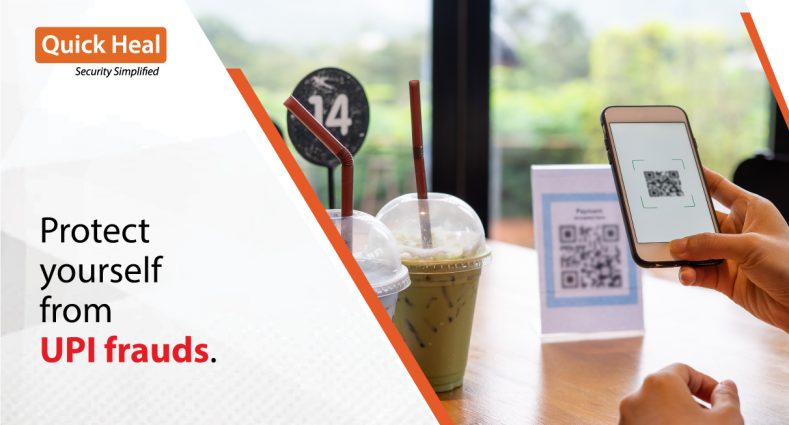Five tips to stay away from UPI frauds

If there was one silver lining to the COVID-19 pandemic, it was the effect it had on India’s digital payment journey. According to the Chief Operating Officer of the National Payments Corporation of India (NPCI), the digitization of India’s payment landscape was accelerated by the pandemic.
With the rise of digital payments, there has also been an increase in fraudulent scammers aiming to trick innocent people of their hard-earned money. A recent survey in observed that 31% of respondents in India had recently been a victim of card fraud or digital payments or knew someone else who had. Vulnerability to being scammed remained one of the biggest concerns when it came to making digital payments.
If you’re a regular user of UPI apps to do your digital payments, there’s no need to panic. Every section of society has fraudulent individuals looking to make a fast buck and the newly growing digital payment sector is no exception. By staying cautious and vigilant, you can ensure that your money stays safe and you don’t become a victim of UPI fraud.
Don’t share your financial details
You don’t share your password with others, do you? Hence, follow the same advice when it comes to financial information such as your ATM/Debit Card pin, your CVV number, your Security Answers or your OTP pin. Better still, ensure that you don’t have the same pin for everything. If your ATM pin is the same as your UPI pin, you just leave yourself open to more chances of fraud.
Check the UPI ID
The State Bank of India had to tweet to people warning them to donate to the correct PM Cares Fund which had a UPI ID of pmcares@sbi. The bank cautioned people that many fake but similar-sounding UPI IDs had come up (pmcarefund@sbi, pm.care@sbi, etc.) to trick unwary people into sending money to the wrong ID.
That’s advice that remains true for every transaction you make through your favoured UPI app. Double and triple-check the UPI ID to where you are sending your money and ensure it is the correct one before pressing the “Send Money” button.
Don’t input your UPI pin if you are receiving money
There have been reports of scams where people have been fooled into inputting their UPI pin in response to a “receive” request from a fraudster. This usually happens when the victim is looking to sell something and they are contacted by a fraudster who convinces them that they can receive the money by inputting their UPI pin.
Be vigilant! Remember that you do need not input your UPI pin to receive money. Anyone asking you to do so is a scammer.
Be wary of scam KYC calls
You may get phone calls from official-sounding people convincing you that they need to update your profile for KYC (Know Your Customer) credentials. They will warn you of dire consequences such as losing access to your account if you do not comply and will ask you to provide your UPI pin and other financial data. Do not ever provide confidential financial data such as your UPI pin on such a call. Remember that no major payment provider will ask you for private information such as UPI pin, net banking password or ATM number. Report such callers immediately.
Ensure you are protected
A strong security solution on your mobile device will go a long way in keeping you safe. Quick Heal Total Security provides superior protection for your Android smartphone with advanced features including SafePe, to secure all your financial transactions.

No Comments, Be The First!